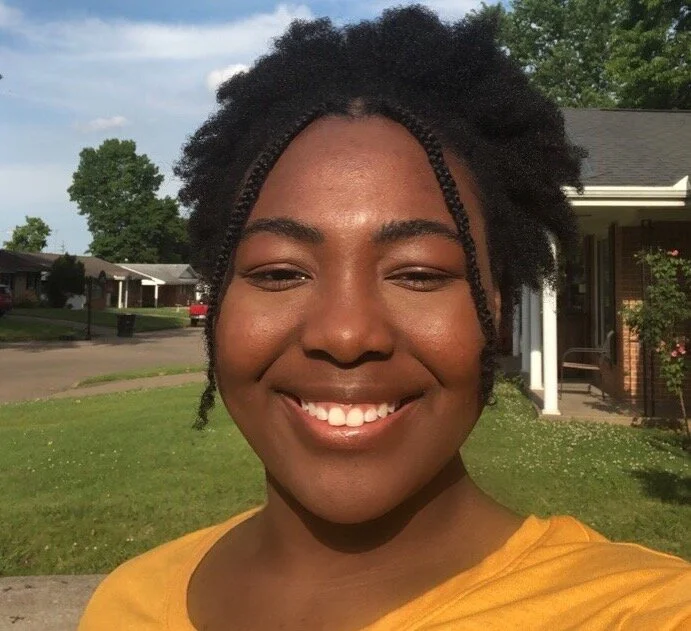Monique Johnson
Undergraduate Fellow
“Our research is important because it’s good for biology and archeology at the same time. It lets us glimpse possible agricultural practices in the past as well as the evolution of these plants.”
What are your feelings about not being able to go out in the field this summer and having to stay at home?
“I was a little disappointed at first because I am very much hands on with doing things. But now I feel like it’s been a great learning experience on how to adapt quickly to using the technology in different ways. That technology is being applied to the bigger picture of everyone’s lives, beyond this research fellowship.”
Could you name one high and one low about your standard working day with your team?
“A low would be that it is remote and there’s less connection to people. It’s so different because of Zoom.
A high is that even with everything happening, I am still making connections with people. It’s weird, it’s a completely different experience but I’m still making those connections. I think especially during this time, people are just more sympathetic and it’s almost like you’re in somebody’s home. Sometimes family members come in and out of the background which is very interesting and different. You end up having side conversations, like – ‘Is that your Dad?’
Maybe sometime, thousands of years from now somebody will be studying how we communicated and evolved during this horrible time. I think everything we’re doing is important.”
Monique worked with Natalie Mueller's De-Extinction/Re-Domestication team during summer 2020. Learn more about their experimental cultivation of lost crops research here.

